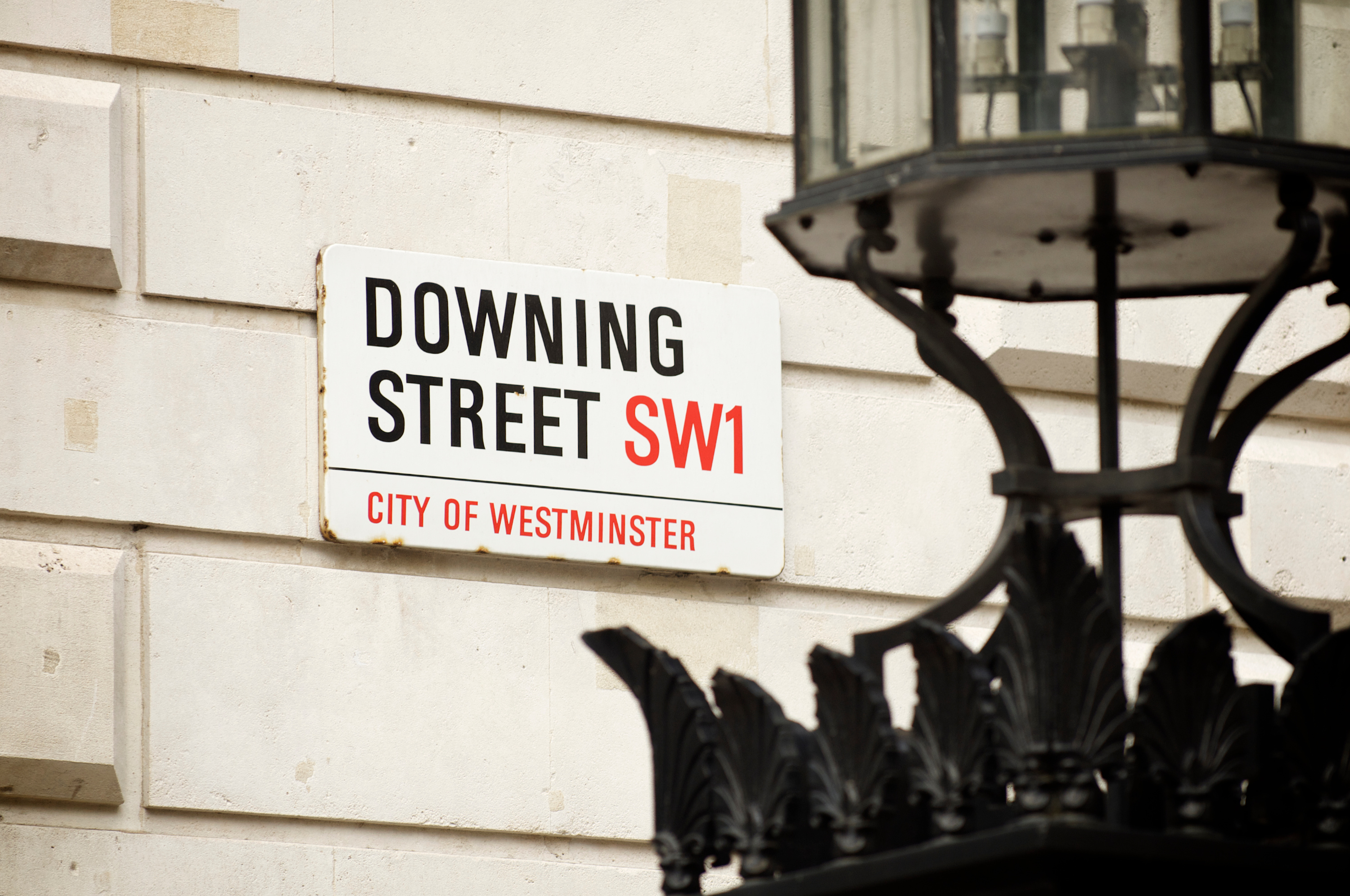Chancellor’s Spring Statement 2022

The Chancellor Rishi Sunak earlier made his Spring Statement, at a time when inflation has hit a 30 year high of 6.2% and the economy is hit with the uncertainty surrounding the Ukraine war and the global sanctions placed on Russia. While not wanting to label this as a Budget, merely a Statement, the Chancellor has outlined 3 key areas to build a “stronger, more secure economy”:
- Focus on helping families with the cost of living
- Creating conditions for efficiency and higher growth
- Sharing the proceeds of growth fairly with working people.
Main Statement proposals:
- Fuel duty cut by 5p per litre from 6pm tonight, lasting for 12 months.
- National Insurance threshold to increase by £3,000 to £12,570 – aligning with the personal allowance from July 2022.
- However, the Chancellor confirms the NI rise of 1.25% is still going ahead from April 2022.
- A promise for a basic rate income tax cut of 1% to 19% by 2024.
- VAT to be abolished on energy efficiency measures for the next 5 years (for example, solar panels, heat pumps and insulation).
- This will apply in GB only at present.
- Due to “deficiencies” in the NI protocol this measure will be delayed in Northern Ireland but added support will be provided to the Executive to cover this inconsistency.
- Employment Allowance will increase to £5,000 from April 2022.
- Further establishing Help to Grow schemes which are intended to give SME’s the tools they need to innovate and grow.
- Annual Investment Allowance (“AIA”) to remain at £1m until 2023.
[England only]
- Household Support Fund will be doubled by £500m of additional funding. Local authorities will receive this money from April.
- Retail, hospitality and leisure sectors save 50% discount on business rates up to £100,000 from April 2022.
In other key developments:
- Inflation forecast to average 7.4% this year.
- UK growth expectation downgraded to 3.8% this year – expectation was 6%.
- Despite lower growth outlook, unemployment is now forecast to be lower.
- Spend of £83bn on debt interest in next year.
The Chancellor has also outlined areas which will be reviewed in his Tax plan for Autumn. These will include:
- Business investment and innovation – more generous R&D relief, and promotion of training.
- Planning to encourage greater capital investment once the 130% super deduction ends in 2023.
- Basic rate income tax cut of 1% (by 2024).
Whilst many of the measures have been broadly welcomed, there will be frustrations as people seen to be powering the economy continue to be hit with energy increases, while there has been no increase in tax on the wealthy or windfall tax for the large oil and gas firms. This also comes at a time when the Office for Budget Responsibility (“OBR”) says inflation and higher taxes from April mean households face the biggest fall in living standards since records began.
Should you have any queries on the Spring Statement 23 March 2022, please contact any member of our team.
Gildernew & Co. Ltd make every effort to ensure the accuracy of the information herein. However, no reliance should be placed on any of the above without seeking independent professional accountancy, legal and/or financial advice.
Posted on March 23, 2022

